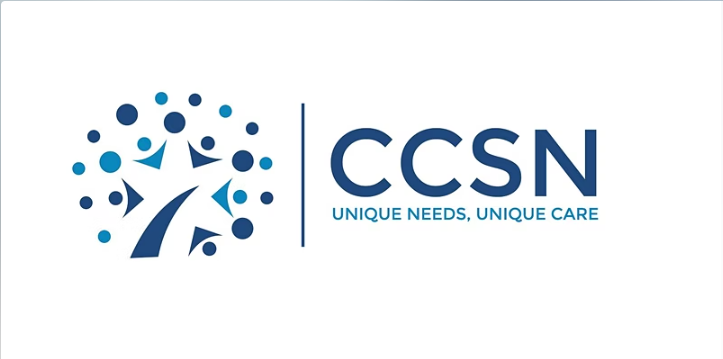
Session Summary:
Adult learners in the neurodiverse population require unique attention and consideration when helping them achieve independence with their current and future goals in the real-world. This training will guide the practitioner through the process of planning, using assessment and person-centered practices, setting meaningful goals, and maximizing benefits for the adult and their support team.
Target Audience: BCBAs, Clinical team members and agencies that support individuals with ASD.
BCBA CEU and attendance confirmation available.
Session Summary:
ACT therapy is a third-wave behavior therapy. It is based on the theories of relational frame theory and some aspects of Skinner’s verbal behavior. It is a way to understand, from a behavior analytic world view, how thoughts and feelings can impact behavior and results in behavior patterns that work against individuals being the most effective versions of themselves. In this presentation, we will discuss the relationship between RFT and ACT therapy, how thoughts can lead to feelings and impact behavior, specific types of behavioral rigidity and their competing psychologically flexible behaviors, and how these theories and strategies apply to behavior analytic work.
Target Audience: Psychologist, BCBAs, Clinical team members and agencies that support individuals with ASD.
BCBA & APA CEU and attendance confirmation available.
Session Summary:
We all rely on executive functions in order to navigate all activities of daily living. These skills are those that allow us to simultaneously work, talk, plan, and use strong judgement in decision making. Challenges in this area can be extremely frustrating and limit one’s long term success. This training will provide an analysis of executive function as a construct as well as strategies which can help ensure improvement for those who struggle in this are.
Target Audience: Psychologist, BCBAs, Clinical team members and agencies that support individuals with ASD.
BCBA & APA CEU and attendance confirmation available.
Session Summary:
Extensive resources exist for early intervention and education for individuals with autism spectrum disorder (ASD) and are growing in the area of transition to adulthood. However, supports for individuals with ASD in the aging population are limited. Studies are limited for various reasons, but one of the key reasons is that few people were diagnosed in the past limiting the availability of longitudinal data. A few studies suggest that those on the spectrum may have skill loss earlier than the neurotypical population and may have a highly heterogenous set of needs as they age. This raises the importance of good assessment, planning, and treatment flexibility at regular intervals in order to account for potential changes. Early conversations about aging and end of life stages may be difficult, but with planning and effective treatment, one may preserve independence and dignity into the golden years.
Target Audience: BCBAs, Clinical team members and agencies that support individuals with ASD.
BCBA CEU and attendance confirmation available.
Posted By
.png)